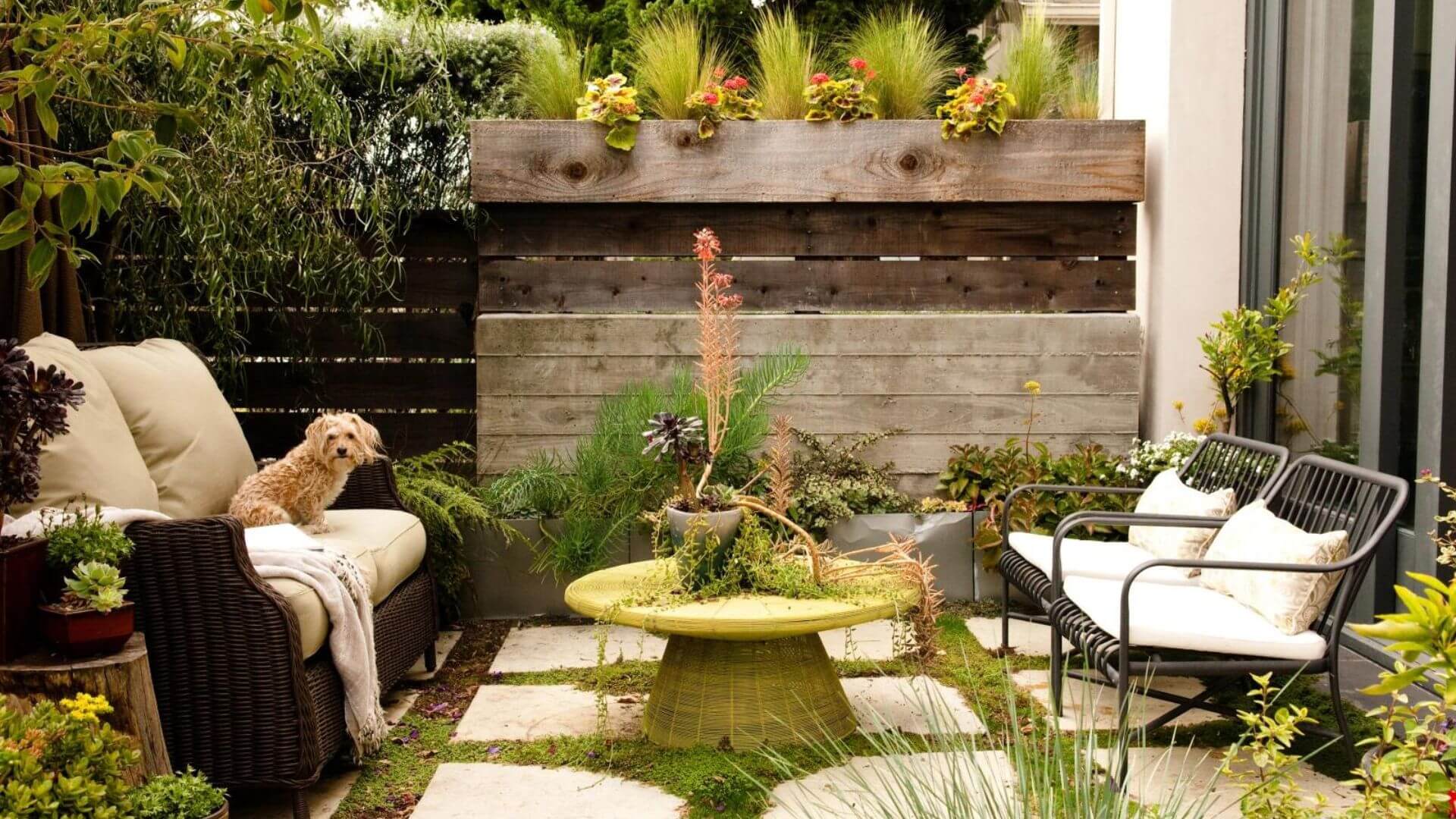If you're like most people, you probably think of your garden as a source of beauty and relaxation. But did you know that gardens can also be a source of stress relief? Spending time outdoors might help lower anxiety and lift emotions, according to studies. And what better way to enjoy nature than by caring for your garden?
Make Sure You Have Good Planters And Tools
Having the right planters and tools is essential for successful gardening. Choose large enough planters to fit your plants and allow for adequate drainage. Similarly, make sure you have the appropriate tools for whatever job needs to be done; having a shovel, rake, hoe, pruners, clippers, and trowel on hand can make caring for your garden much easier. The team behind harpersnurseries.com recommend that you outfit your garden shed with these items so that you're always prepared. With the right tools and planters, you'll be one step closer to a healthy and beautiful garden.
Make Sure To Take Care Of Weeds
Taking care of weeds is one of the essential tasks when it comes to looking after your garden. Weeds can quickly take over and choke out other plants, so preventive action should be taken consistently to ensure they don’t get a foothold. This can include tilling or digging out the soil around existing plants, laying down mulch, and using a herbicide or manual removal. Regularly check your garden bed for weeds, as they can quickly take over if left unchecked. Taking the time to ensure that you maintain control of weeds will help your garden flourish and look its best.
Regular Correct Fertilizing
Regular fertilizing is important for keeping your garden healthy and looking its best. The right fertilizer can help nourish the soil, provide essential nutrients to plants, and promote vigorous growth. It's best to fertilize your garden on a consistent basis throughout the growing season, as recommended by the instructions on the fertilizer packaging.
Before applying any fertilizer, make sure you check the pH of your soil, as this will determine what type of fertilizer is best suited to your needs. Additionally, be mindful when applying any fertilizers and follow all safety instructions on the product label. By providing proper nutrients to your garden with fertilizing, you'll be sure to have a lush and beautiful garden throughout the year.
Do Not Overwater
One of the most important things to remember is not to overwater. Overwatering can lead to root rot and other plant diseases, as well as encourage weed growth. Soil should be moist but not soggy when watering plants, and make sure there is proper drainage, so excess water can escape. Water early in the day so leaves have time to dry before nightfall, which can help prevent fungal diseases. Also, be sure to check the forecast before watering as you may not need to water if rain is in the forecast.
Pest Control Is Important
Pest control is an important part of protecting your garden from unwanted critters. It's best to identify and eliminate any pests as soon as they are discovered. Common garden pests include aphids, slugs, snails, mites, caterpillars, beetles, and more.
Proper pest control techniques can vary depending on the type of pest, but some general strategies are keeping your garden clean and free of debris, planting pest-resistant plants, and introducing beneficial insects that feed on the pests. If you need to use chemical pesticides, make sure you select ones that are safe for both the environment and human health.
For those who prefer a non-toxic approach, using Catchmaster sticky traps can be an effective method. These traps are designed to capture various types of insects without the use of harmful chemicals, making them a safer choice for both the environment and the people who frequent your garden. They can be particularly useful in monitoring and controlling populations of flying insects and some crawling species, helping you maintain a healthier garden ecosystem.
Plant Disease Is Also A Concern
Plant disease is also a concern when it comes to gardening. Common garden diseases range from fungal infections to bacterial spots, and virus symptoms. Properly caring for your plants can help prevent the spread of disease. This includes providing adequate sunlight, properly fertilizing and watering your plants, and using mulch to reduce splashing soil-borne diseases.
Furthermore, it’s best to clean your gardening tools regularly and inspect plants for signs of disease before introducing them to your garden bed. If you do find diseased plants, make sure to remove and dispose of them immediately and in a safe manner. With proper care, you can help ensure that your plants stay healthy and vibrant.
Winter Care Can Prove Difficult
Winter can be an especially tricky time to care for your garden. With freezing temperatures, snow, and other harsh elements, it is easy to become overwhelmed with the thought of keeping your garden alive and thriving until springtime. If you want to protect your plants during the cold months, make sure to mulch them before temperatures drop.
This will help to keep their roots warm and prevent damage caused by frost. Additionally, you can use a cold frame or cover your plants with fabric to trap the heat in. For the most delicate perennials, it might be best to transplant them indoors until warmer weather returns.
In conclusion, taking care of a garden can be time-consuming, but with proper attention, your garden will thrive and look beautiful throughout the year. Proper fertilizing, pest control, and winter protection are key to keeping your plants healthy and vibrant. With a little bit of extra effort, flower delivery Melbourne has a wide variety of blooms that you could purchase and you can have a gorgeous and flourishing garden!






